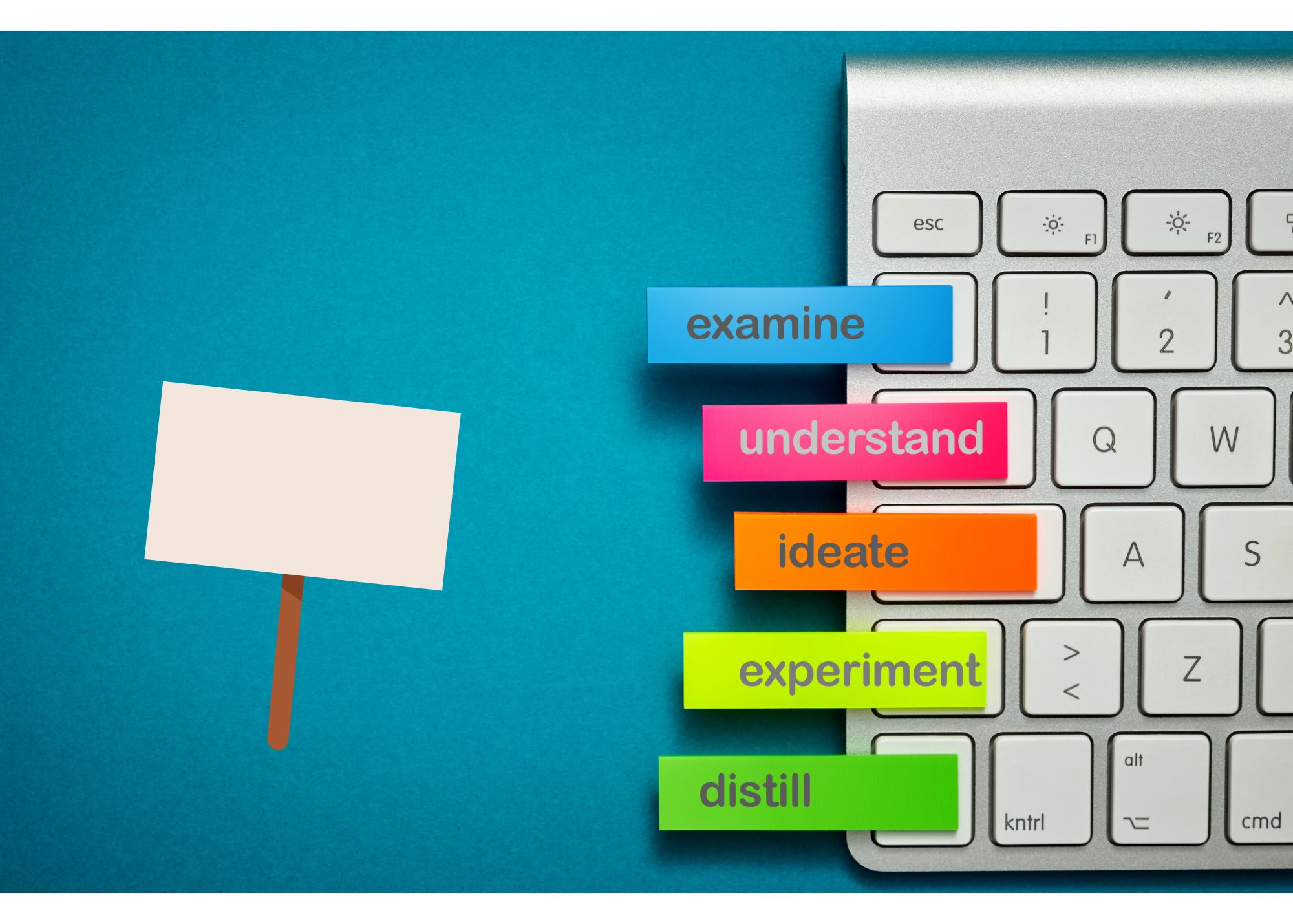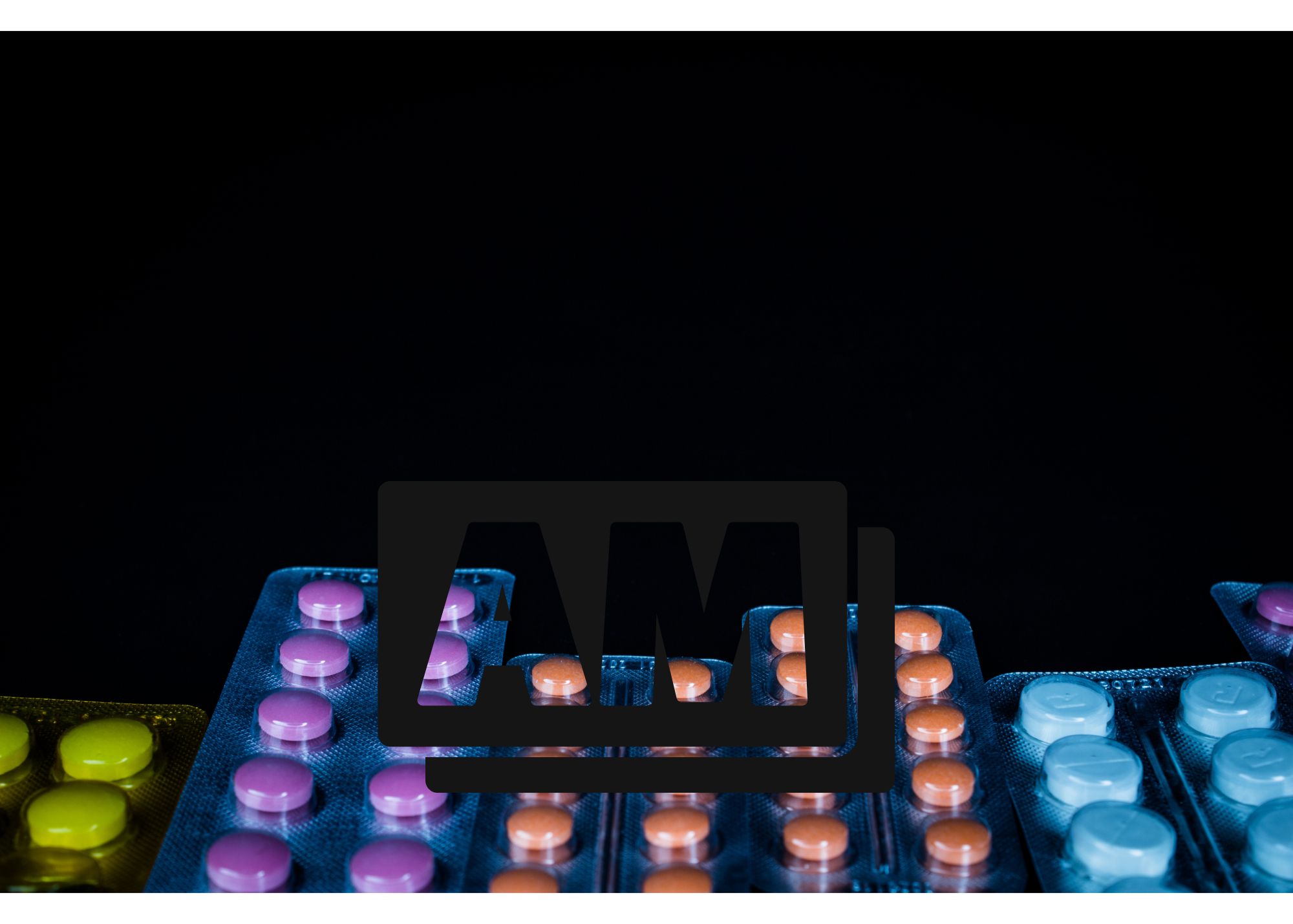Spotlight: 8 Analysts Just Upped Guidance On This Coffee Giant
Starbucks, a name synonymous with coffee, has grown beyond a mere chain of coffee shops to become a global icon in the beverage industry.
Unlike your regular run-of-the-mill local coffee shop, Starbucks has scaled its operations globally, transcending cultural and geographical boundaries. Its global footprint, though, has created its own set of challenges involving complex logistics like supply chain management, regulatory obstacles, and diverse workforce management.
Despite these hurdles, Starbucks has not only maintained but strengthened its global presence, underscoring its operational excellence and adaptability in varied markets.
Key Points
- Beyond traditional coffee, Starbucks has expanded into supermarket products and leveraged technology with its mobile app and loyalty program to boost customer engagement and sales.
- Despite a stagnant share price, Starbucks is deemed undervalued by analysts with 13% upside.
- It has become a top global coffee brand with a strategic locations in prime areas and built a brand that alone is worth over $50 billion.
Flat Share Price But Solid Growth
At the heart of Starbucks’ success is its ability to innovate and adapt. The company has expanded its revenue streams by venturing into ready-to-drink beverages and branded products in supermarkets, tapping into a broader customer base beyond its physical stores.
In addition to this diversification, Starbucks has embraced technology, particularly with its on-the-go ordering system via iPhone and Android apps as well as its Rewards program. Together, these initiatives have transformed customer interactions, providing convenience and personalized experiences, while also offering the firm valuable insights into consumer behavior.
Financially, Starbucks stands on solid ground. The apparent stagnation in its share price this year masks the company’s underlying strength with revenues up 11.6% over the past twelve months and EBIT rising by about the same amount. It’s little wonder then that analysts consensus price forecast for Starbucks pegs the share price 13% higher.
Add to that the company’s sustainable dividend yield above 2% plus the opportunity to grow internationally and you can see why Starbucks continues to make a compelling investment case.
Starbucks Hidden Asset Is Worth Billions
Starbucks has a hidden or more aptly described intangible asset, namely its brand that is pivotal to its investment appeal. The company has successfully transcended being a mere coffee purveyor to become a premier lifestyle brand. The consistent consumer experience across global locations has created an intangible asset that drives customer loyalty and higher revenues.
As customers come back to stores again and again, they buy more of the ever-expanding menu items from teas to food options. As such, the average spend per visit has gone up, further supporting top line growth.
Over the past few decades, the beverage maker has grown to forge a global coffee empire, built with meticulous attention to supply chain logistics and strategic storefront locations in prime spots with high-visibility.
Additionally, management has balanced their focus on growth with a commitment to employee welfare and shareholder interests, exemplified by options issued to employees and a steadily growing dividend.
No Ordinary Coffee Purveyor
Despite its lackluster share price performance this year, Starbucks is an attractive stock with solid upside potential. The company’s broad product range, commitment to innovation, and strong management strategies position it for continued growth and success.
That’s further emphasized by the current valuation which suggests Starbucks is trading at a discount relative to its intrinsic value and long-term growth potential.
The bottom line is it would be a mistake to think of Starbucks as just a coffee company but rather it’s a company that has mastered scaling operations and supply chains globally, securing real estate in prime locations, and building a multi-billion dollar brand estimated at north of $50 billion alone.



